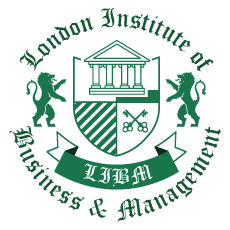Kieran Graham
Read More
Very professional courses. Great Administration assistance and high quality e-learning service.
Sarah Jennings
Read More
I did forex trading diploma. Very professional and detailed course.
Jordan Cooke
Read More
The course offered is excellent. I am glad to have taken it.














Definition
To further clarify and understand what life coaching is it is often helpful to refer to what it is not. Within helping professions there are several overarching themes and competencies that one must possess and understand to be successful. However, there are also distinctions between the focus and practice of these professions that should be made clear that enable one to recognize the scope and limitations of life coaching. Counseling and consulting are two such helping professions that should be made distinct from life coaching to illuminate one’s understanding.
Life coaching is not clinical counseling. McCluskey and Martin make it clear that some of the most significant differences between counseling and coaching are related to its orientation and focus. Below are some of the most prominent distinctions:
Life coaching is not consulting or advising. While little research has been published on this distinction in comparison to the differences between counseling and coaching, the contrasts should be made clear, especially when working in higher education and the corporate world.
Brief History of Life Coaching
In light of a changing economy that once held dear to industry, but that now clings to individualism, there is an upheaval of employees who are looking for ways to keep up with the demands of “flexibility and innovation”. These demands create a need for people to renew themselves and become better at their current place of employment, or seek out a different vocation altogether. This needed guidance has continued the vocational guidance movement, to what we now know as life coaching. This has been observed by many researchers and theorists, including Abraham Maslow. Maslow, who is considered the father of humanistic psychology, believed that there are people who are in a state of continuous psychological growth. He named these individuals “self-actualizers.” According to Maslow, in order for “self-actualizers” to maintain continued psychological growth, they are in need of guidance, but not to the extent of clinical counseling. Life coaching meets this identified need. The need has further been realized by the increased number of publications on the topic, which has escalated greatly. Between the years of 1937 and 1999, only 93 papers were published. Between 2000 and July 2007, a total of 262 papers were published.
-

Add a note